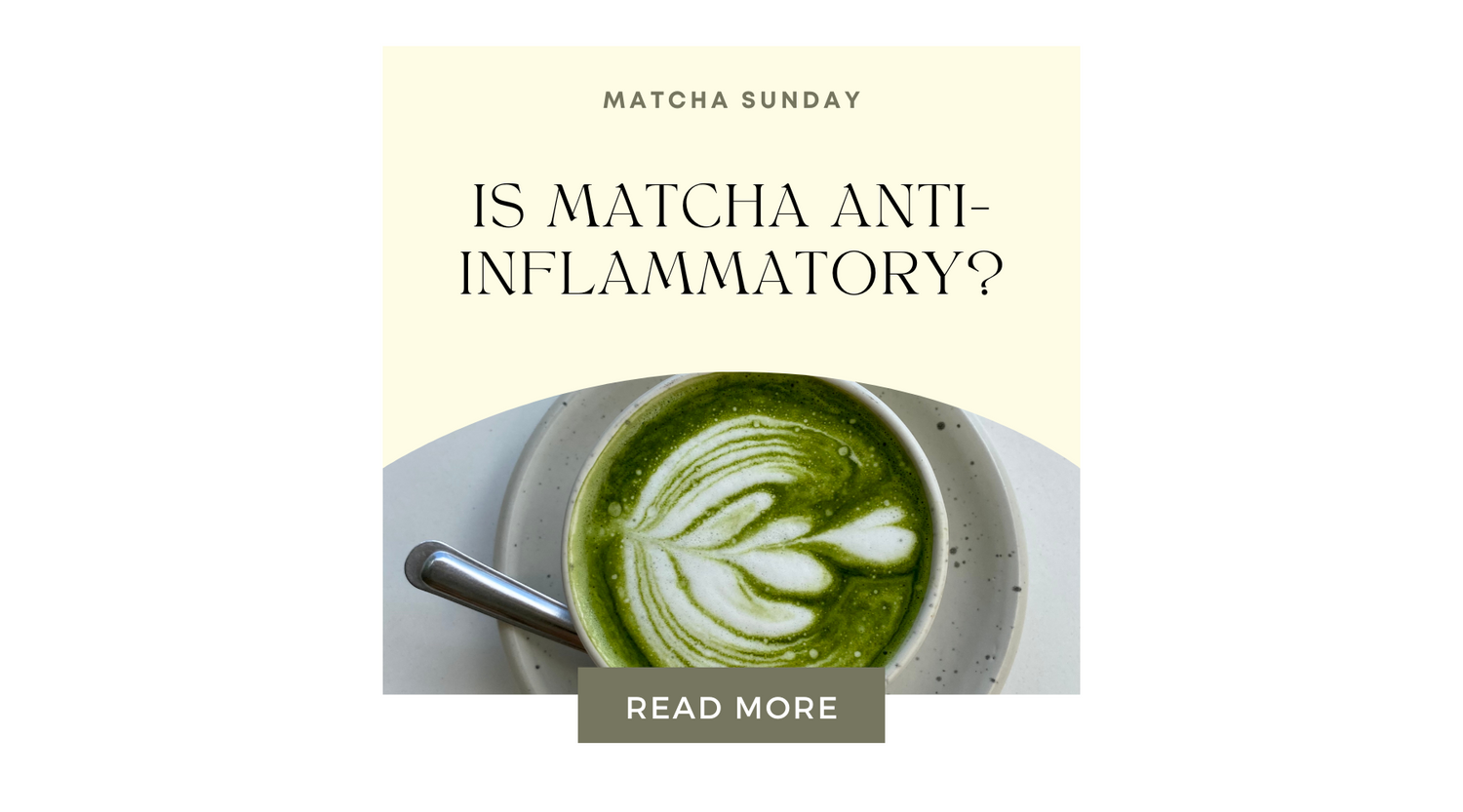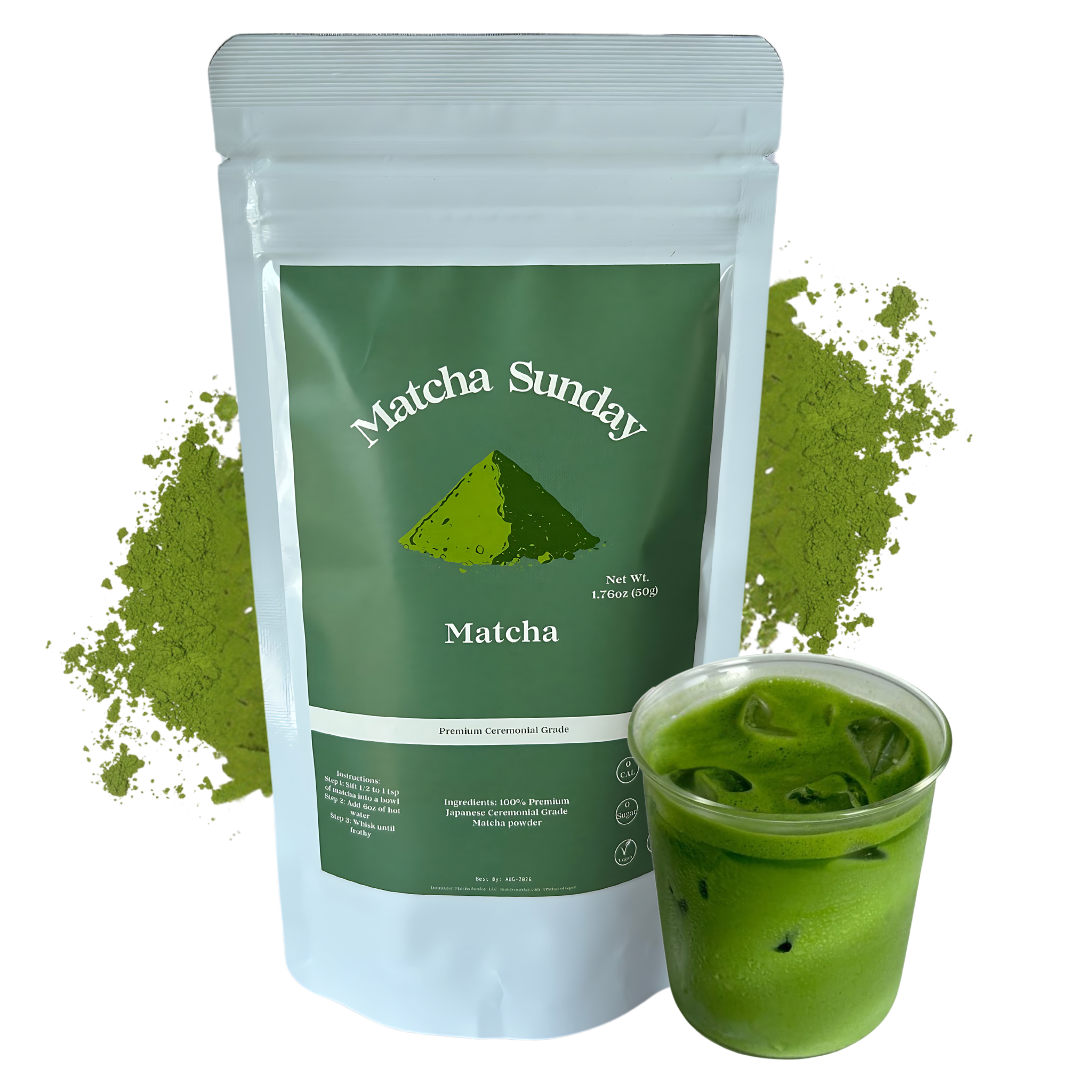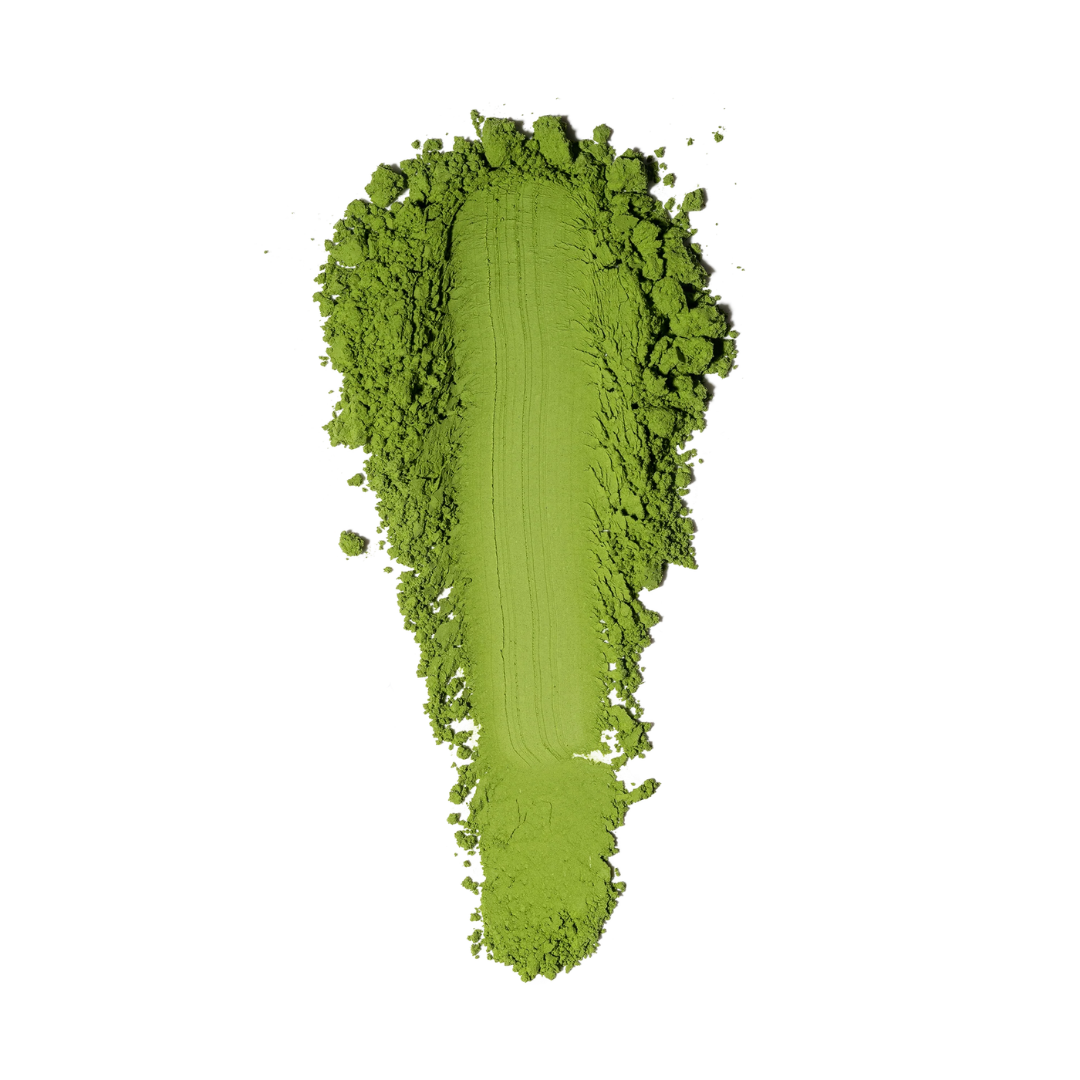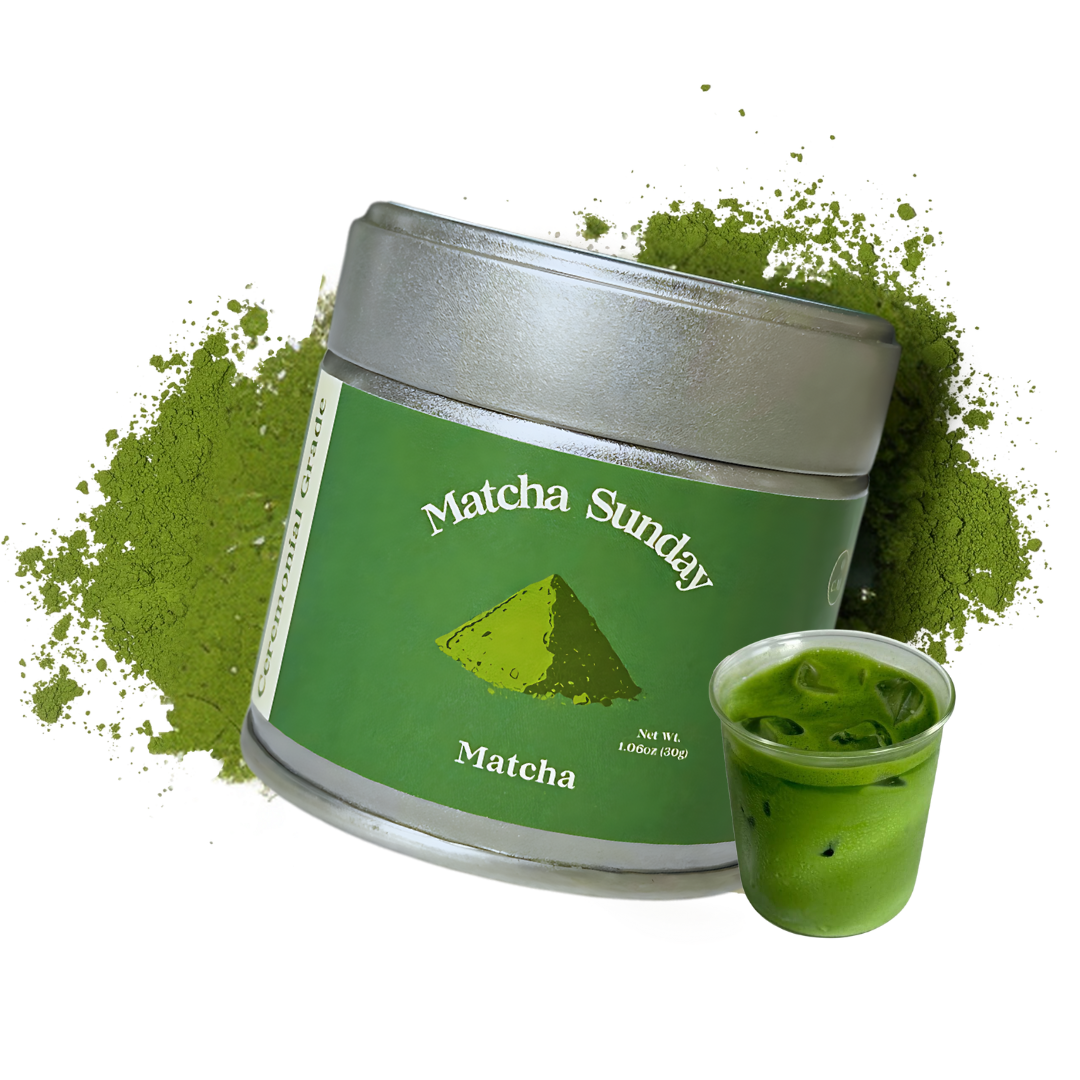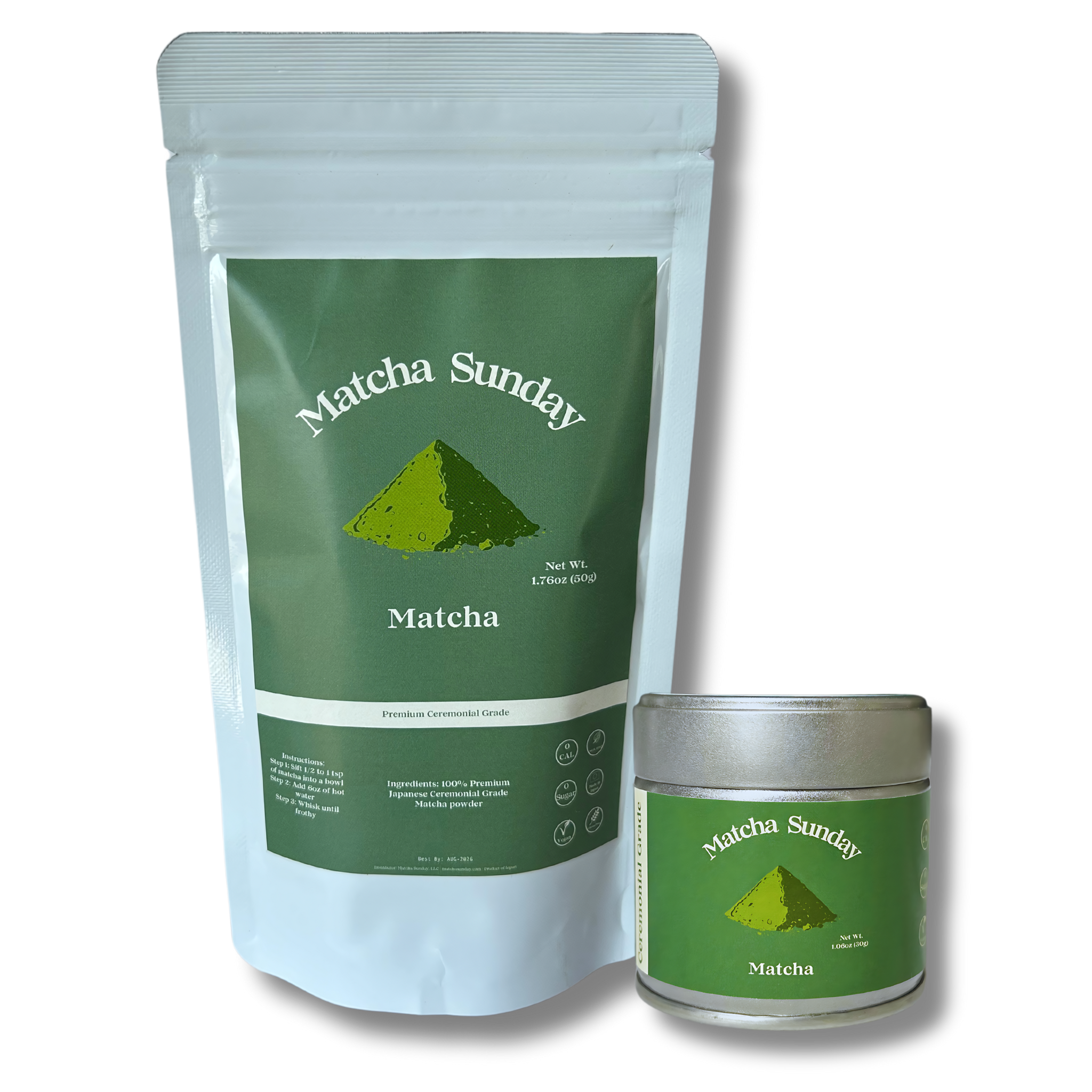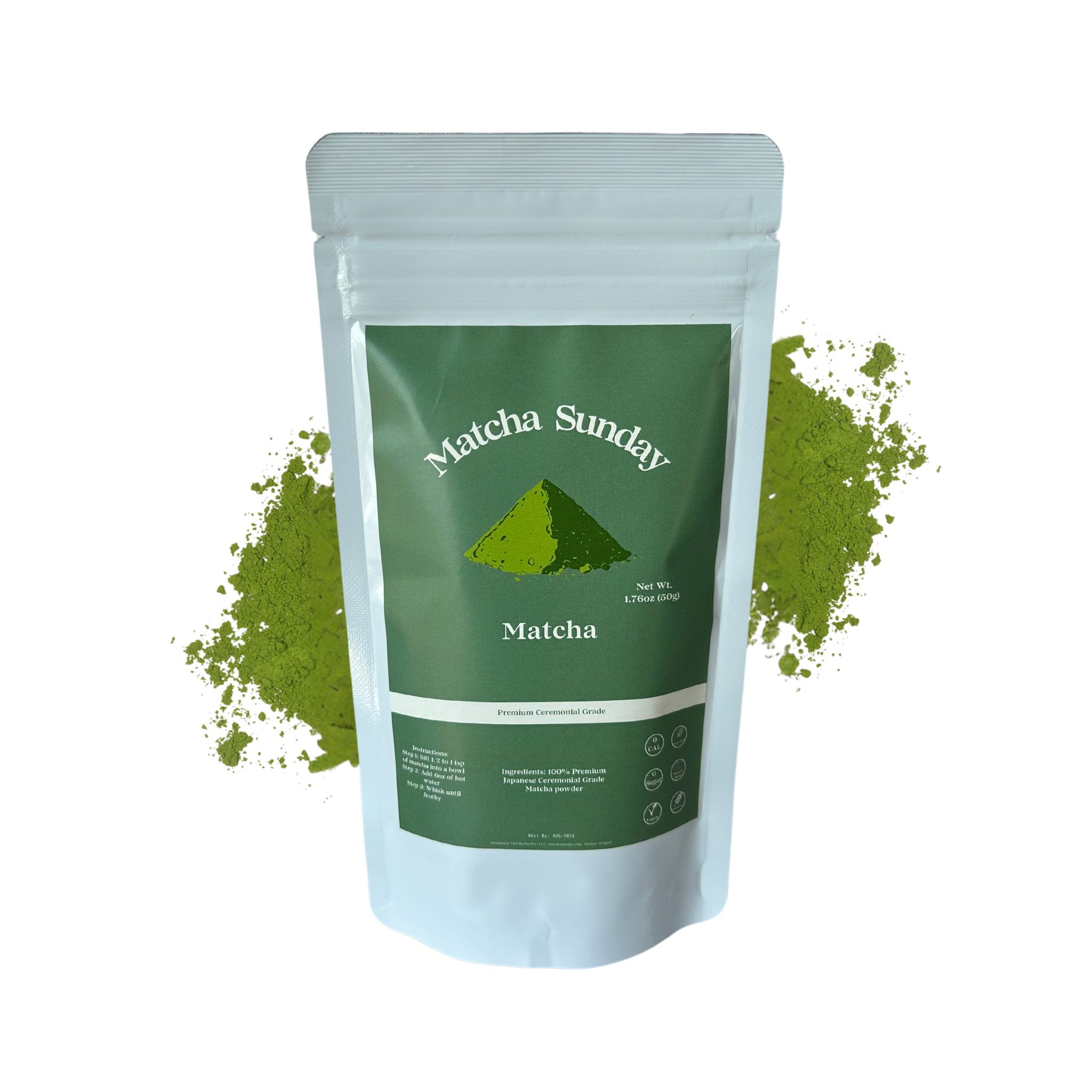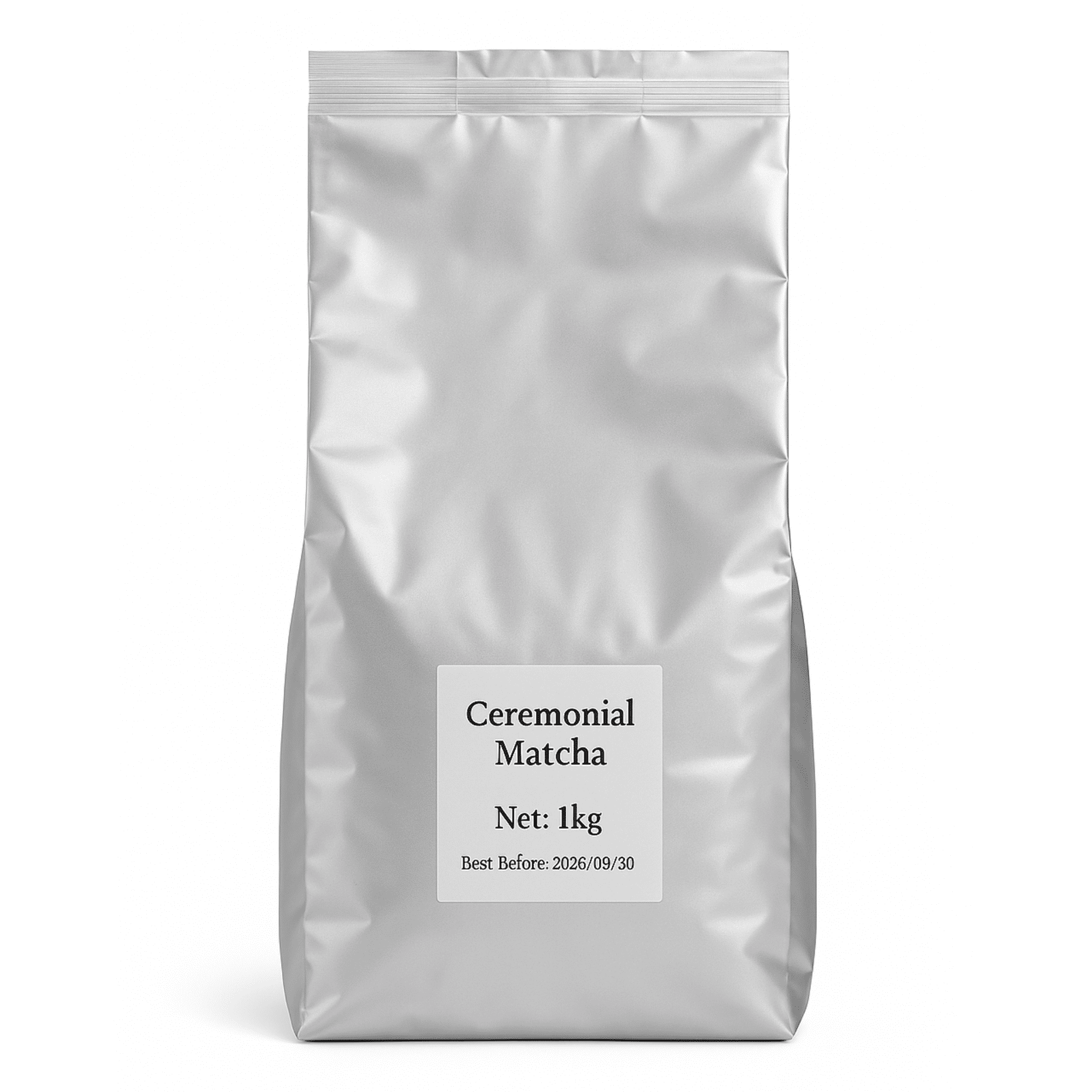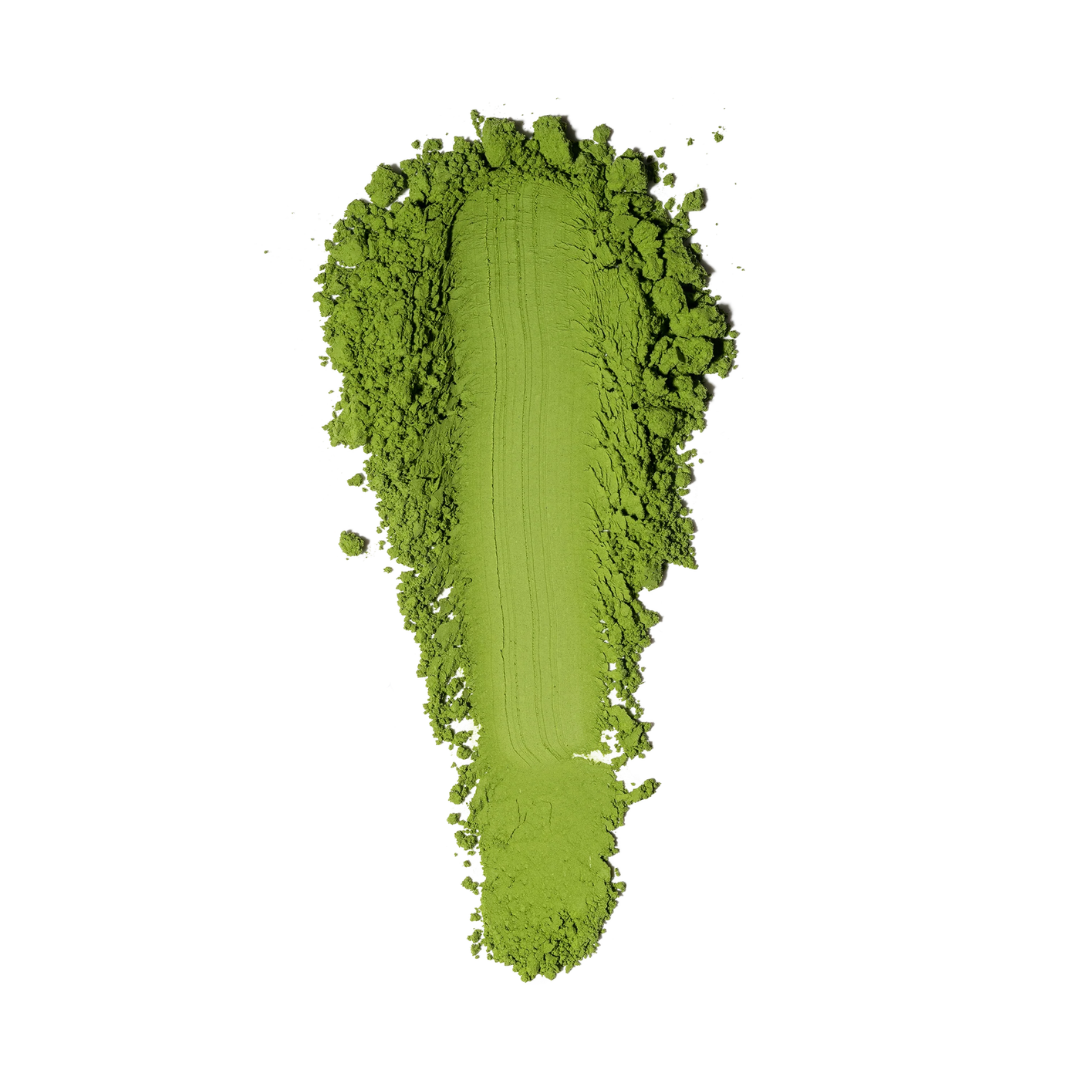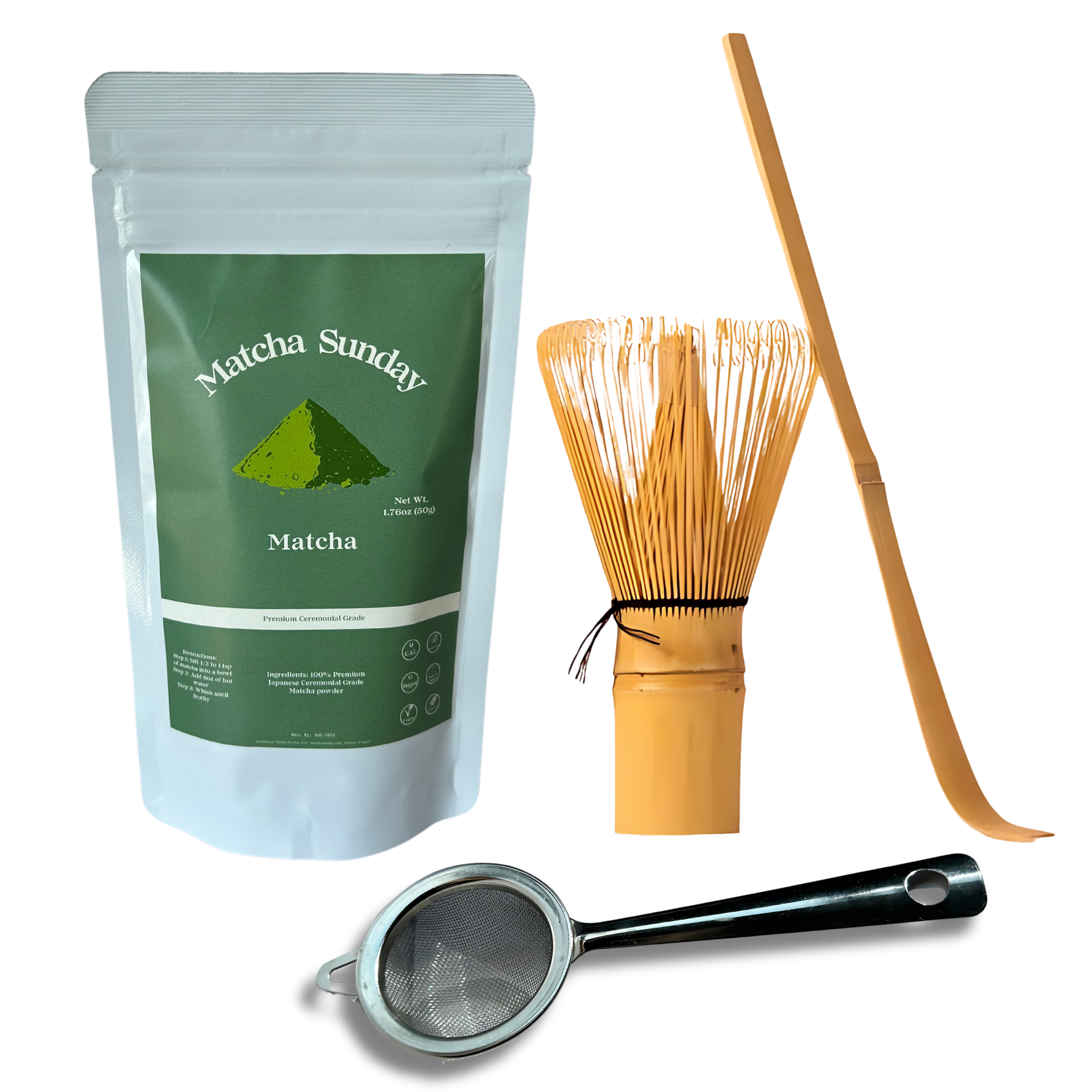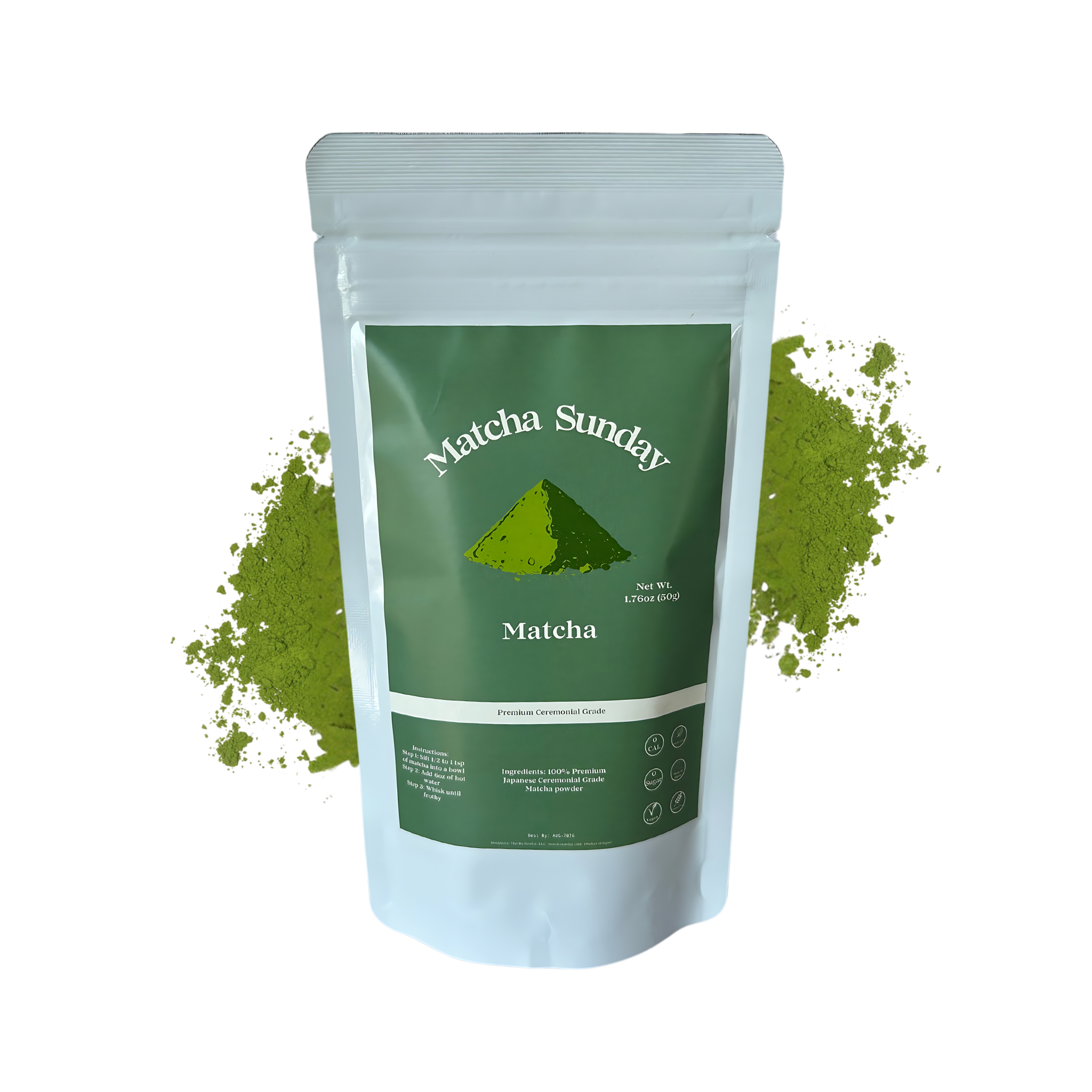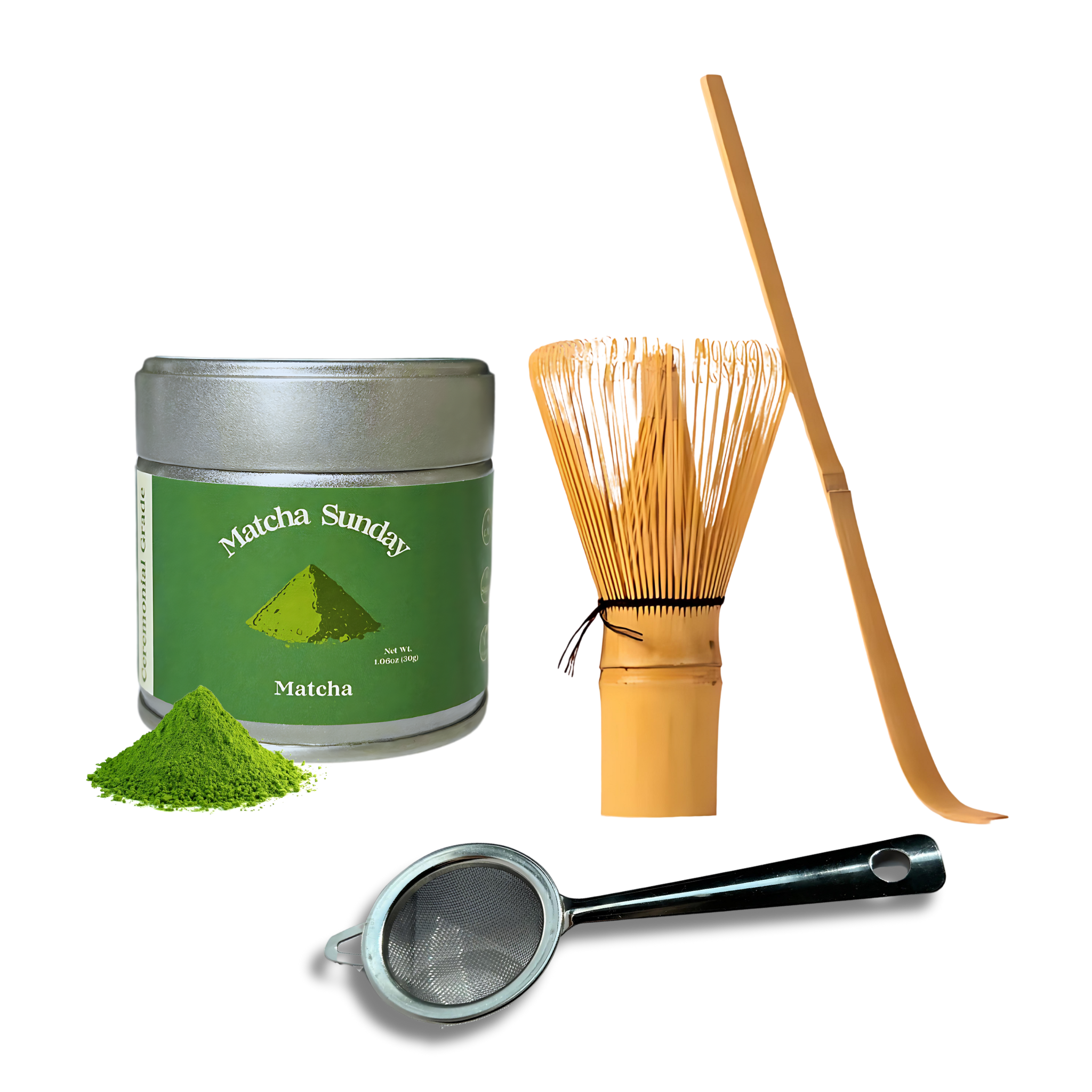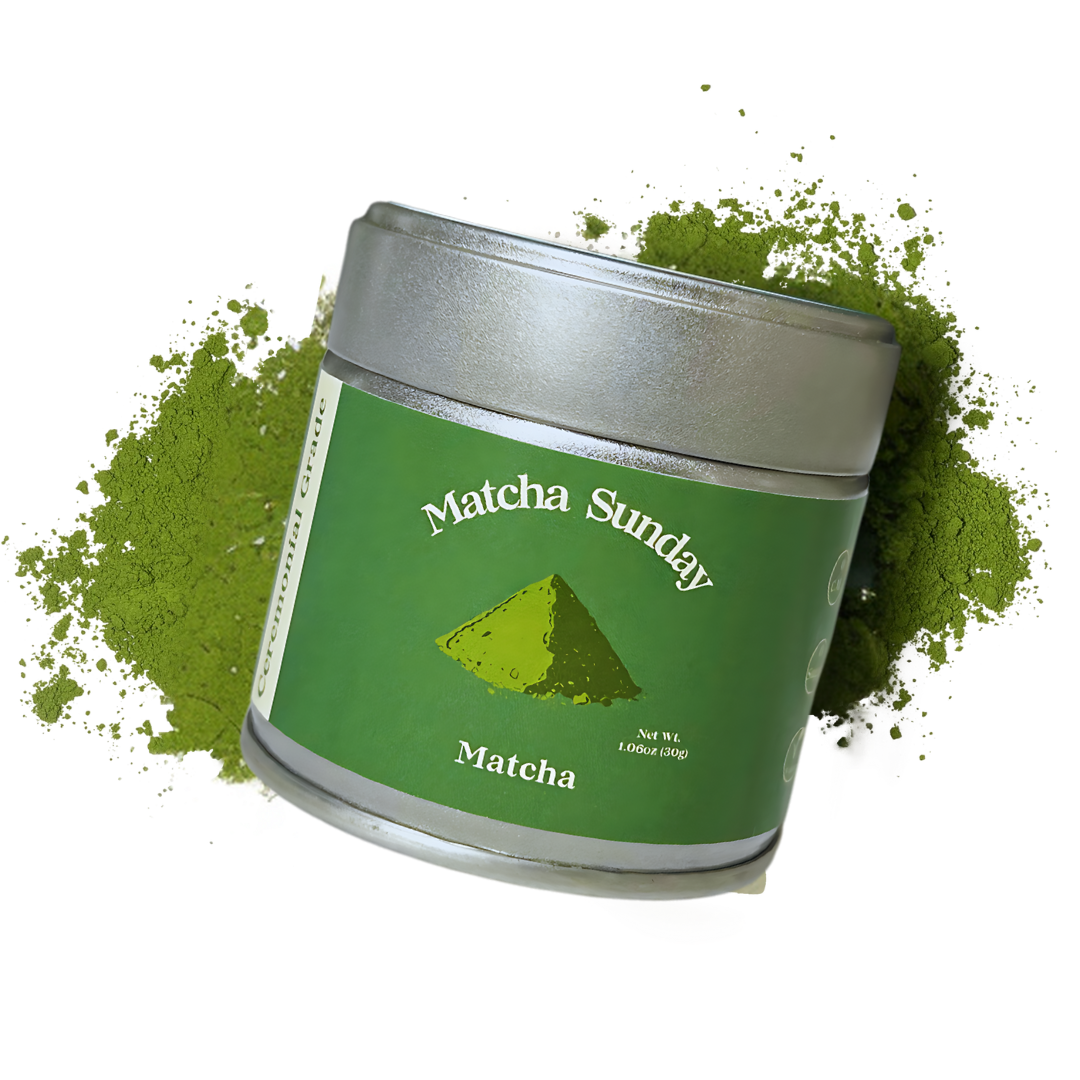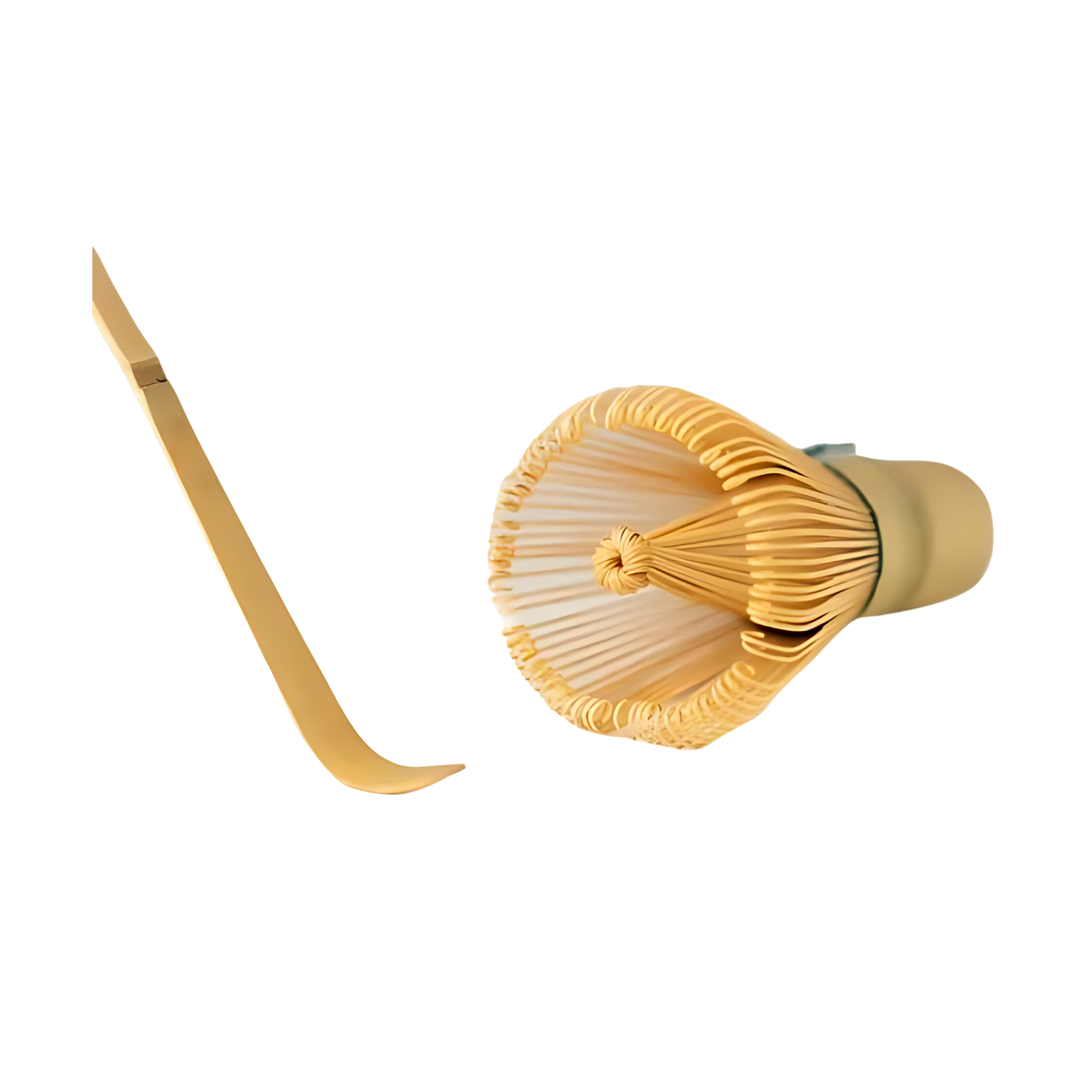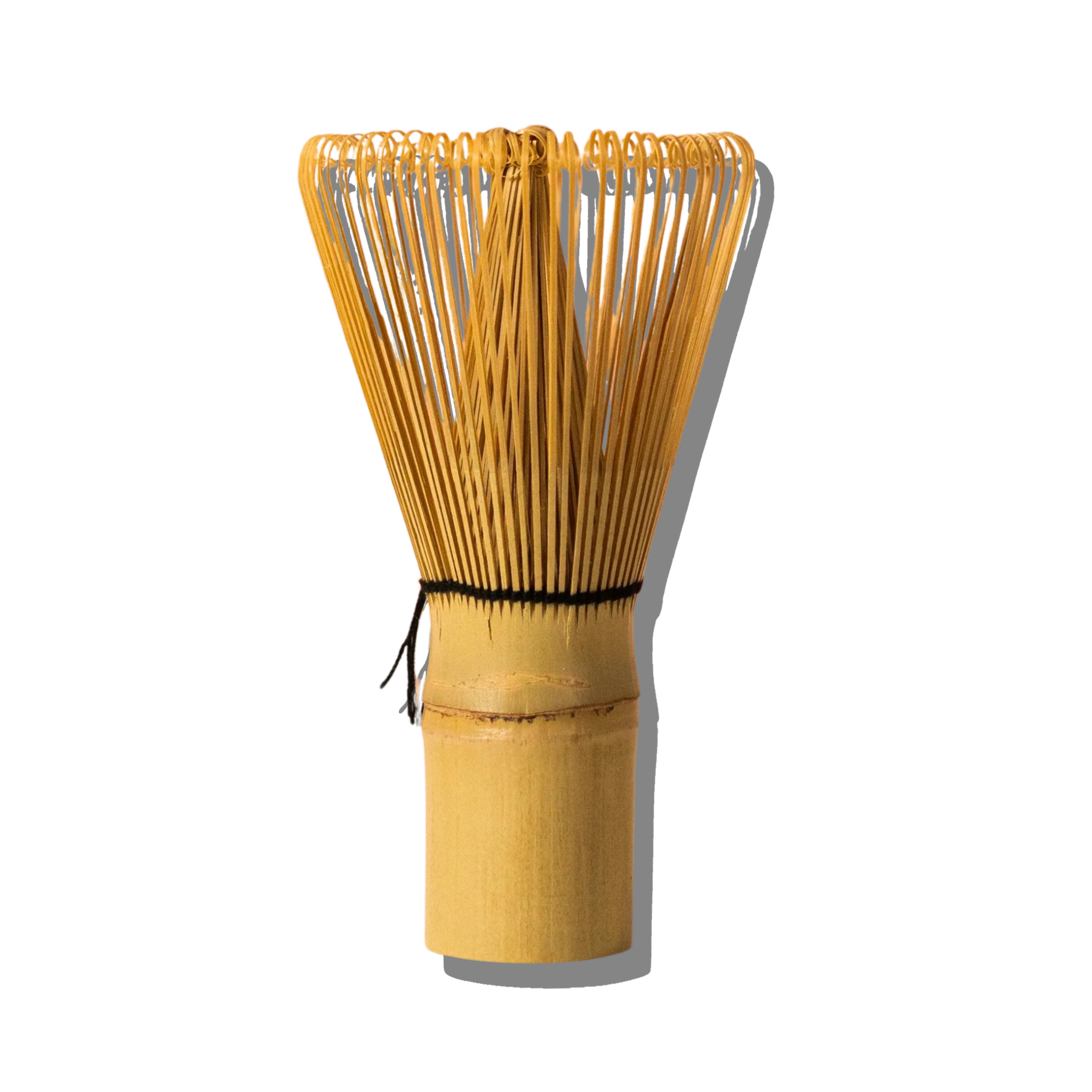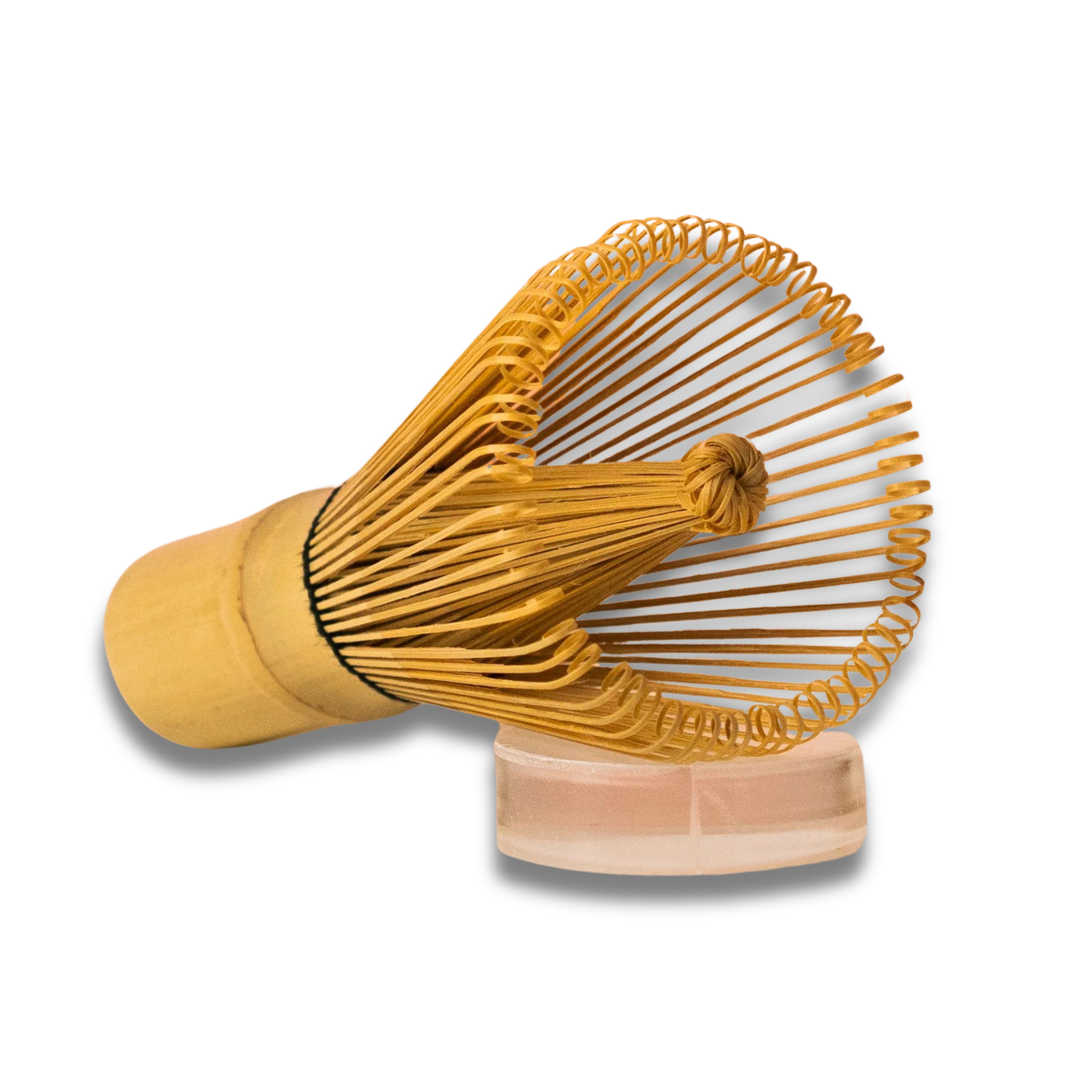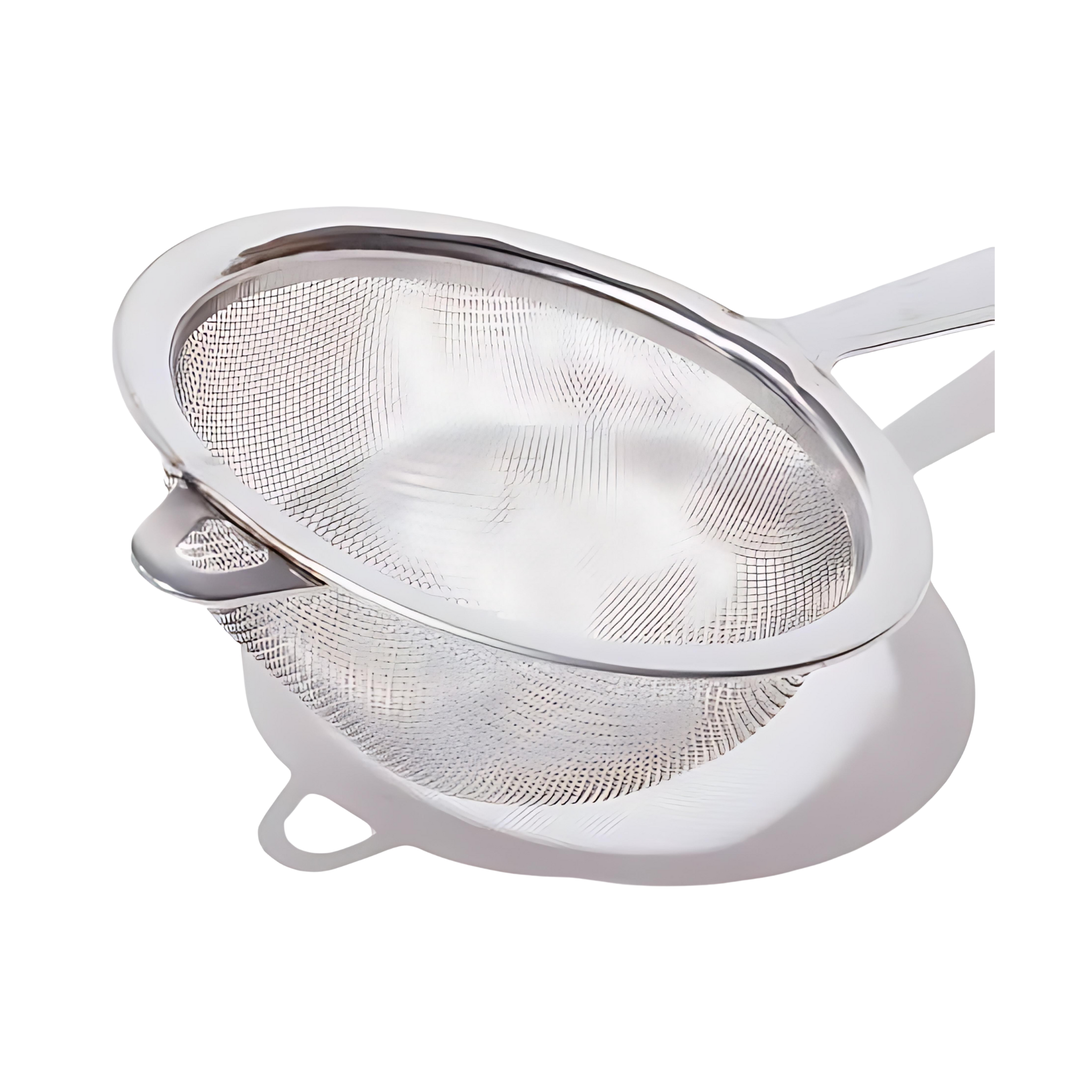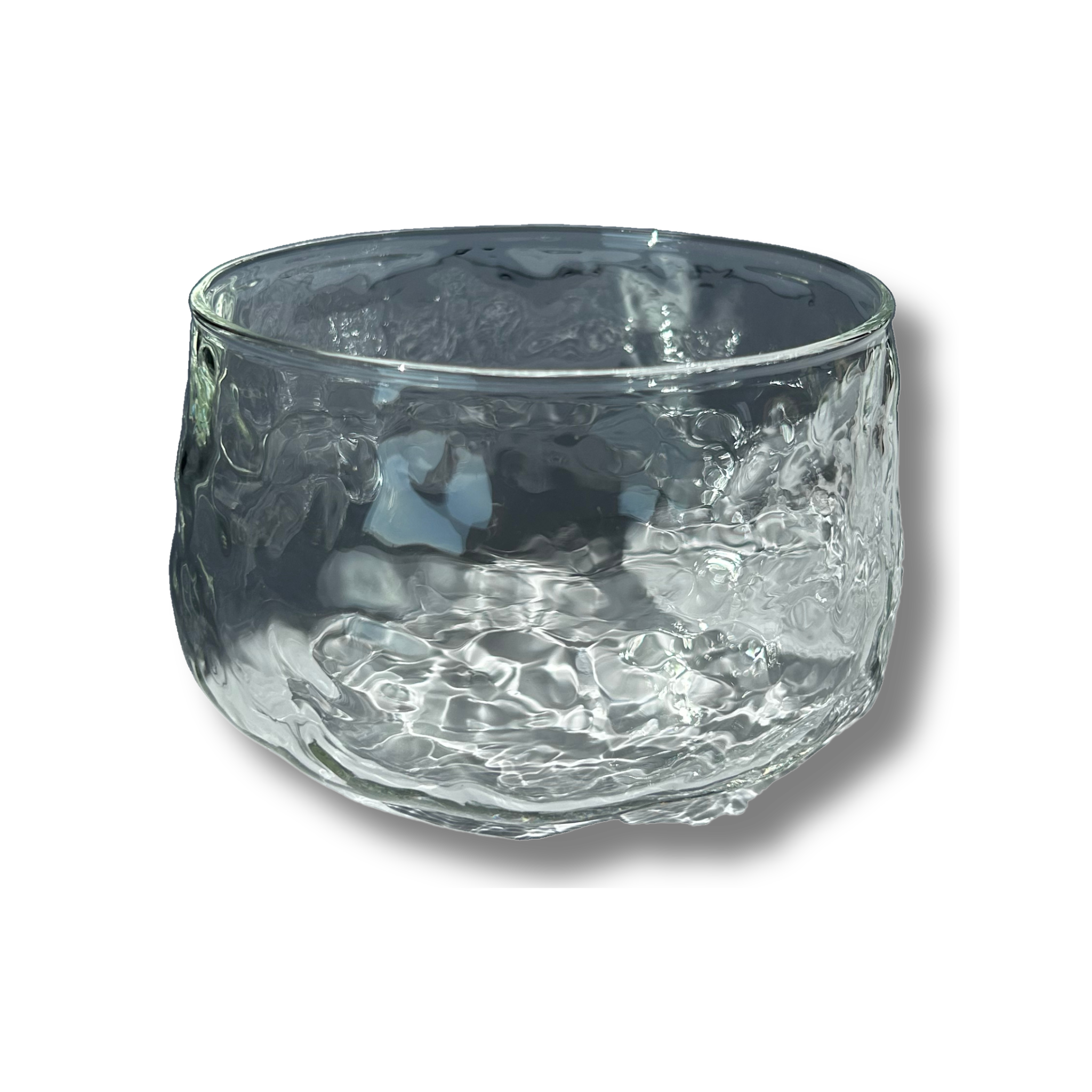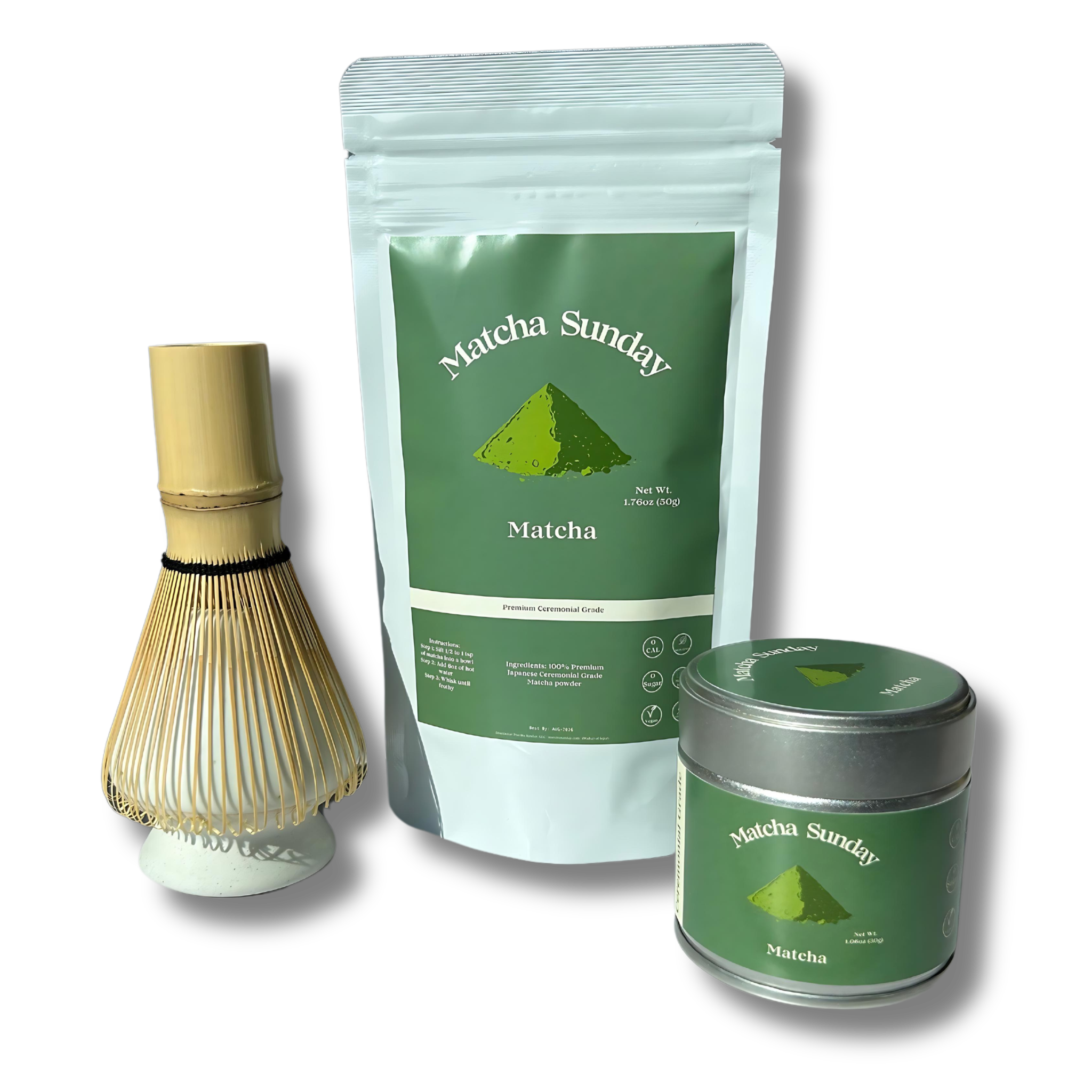Matcha, a finely ground green tea powder, has been celebrated for its vibrant color, unique flavor, and numerous health benefits. Among its many acclaimed properties, matcha is often touted for its anti-inflammatory effects. In this article, we will delve into the science behind matcha's anti-inflammatory properties, explore its health benefits, and provide practical tips on how to incorporate matcha into your daily routine.
What Makes Matcha Unique?
Matcha is made from shade-grown tea leaves known as Camellia sinensis. The leaves are harvested, steamed, and ground into a fine powder. This process differs from regular green tea production, where the leaves are typically steeped and discarded. Consuming matcha means ingesting the entire leaf, resulting in a more concentrated source of nutrients and antioxidants.
One of the key compounds in matcha is a group of polyphenols called catechins, with epigallocatechin gallate (EGCG) being the most potent and well-studied. EGCG is renowned for its powerful antioxidant and anti-inflammatory properties, making matcha a superfood with significant health benefits.
The Anti-Inflammatory Properties of Matcha
Inflammation is the body's natural response to injury or infection, but chronic inflammation can lead to various health issues, including heart disease, diabetes, and cancer. Matcha's anti-inflammatory properties can help combat chronic inflammation and promote overall health. Here’s how matcha exerts its anti-inflammatory effects:
1. High Concentration of EGCG
EGCG, the most abundant catechin in matcha, accounts for about 33% of the catechins found in green tea. This compound has been extensively studied for its ability to reduce inflammation by inhibiting the activity of pro-inflammatory molecules such as nuclear factor-kappa B (NF-kB). NF-kB is a protein complex that plays a crucial role in regulating the immune response to infection. By inhibiting NF-kB, EGCG can reduce the production of inflammatory cytokines and protect against chronic inflammation.
2. Antioxidant Activity
Matcha is packed with antioxidants, which help neutralize free radicals and reduce oxidative stress. Oxidative stress is a significant contributor to inflammation and can damage cells and tissues. The antioxidants in matcha, particularly catechins like EGCG, scavenge free radicals and protect the body from oxidative damage, thereby reducing inflammation.
3. Gut Health and Microbiome Balance
Recent research suggests that EGCG can positively influence gut health by promoting the growth of beneficial bacteria and inhibiting harmful bacteria. A healthy gut microbiome is essential for maintaining a balanced immune response and reducing inflammation. By supporting gut health, matcha can contribute to overall anti-inflammatory effects.
4. Weight Management and Metabolic Health
Inflammation is closely linked to obesity and metabolic disorders. EGCG in matcha has been shown to enhance fat oxidation and improve insulin sensitivity, which can aid in weight management and reduce the risk of metabolic diseases. By promoting a healthy metabolism, matcha helps reduce inflammation associated with obesity and insulin resistance.
Other Health Benefits of Matcha
Beyond its anti-inflammatory properties, matcha offers a range of health benefits that make it a valuable addition to your diet:
1. Enhanced Focus and Calm
Matcha contains a unique combination of caffeine and L-theanine, an amino acid that promotes relaxation without causing drowsiness. This combination provides a calm and focused energy boost, enhancing mental clarity and concentration. L-theanine also helps mitigate the jittery effects of caffeine, making matcha a great alternative to coffee.
2. Cardiovascular Health
Regular consumption of matcha has been linked to improved cardiovascular health. The catechins in matcha can help lower LDL (bad) cholesterol levels, reduce blood pressure, and improve overall heart health. These benefits are largely due to the antioxidant and anti-inflammatory effects of EGCG.
3. Cancer Prevention
EGCG has been studied for its potential role in cancer prevention. Research suggests that EGCG can inhibit the growth of cancer cells and induce apoptosis (programmed cell death) in various types of cancer. While more research is needed, these findings highlight the potential of matcha as a protective dietary component against cancer.
4. Detoxification
The chlorophyll in matcha, responsible for its vibrant green color, helps detoxify the body by binding to heavy metals and harmful chemicals and facilitating their removal. This detoxifying effect supports overall health and helps protect the liver from damage.
How to Incorporate Matcha into Your Diet
To reap the anti-inflammatory and health benefits of matcha, it's important to incorporate it into your daily routine. Here are some tips and recipes to help you get started:
Matcha Tea
The traditional way to enjoy matcha is by preparing matcha tea. Here’s a simple recipe:
Ingredients:
- 1 teaspoon Matcha Sunday Ceremonial Grade Matcha Powder
- 2 ounces hot water (not boiling)
- 6 ounces water or milk (dairy or non-dairy)
Preparation:
- Sift the matcha powder into a bowl to remove any clumps.
- Add 2 ounces of hot water and whisk vigorously using a bamboo whisk (chasen) until the matcha is fully dissolved and frothy.
- Add the remaining water or milk and stir well. Enjoy your smooth and creamy matcha tea.
Anti-Inflammatory Matcha Latte
For a creamy and delicious alternative, try an anti-inflammatory matcha latte:
Ingredients:
- 1 teaspoon Matcha Sunday Ceremonial Grade Matcha Powder
- 2 ounces hot water
- 6 ounces non-dairy milk (such as almond, cashew, or oat milk)
- 1 teaspoon maple syrup or honey (optional)
Preparation:
- Sift the matcha powder into a bowl.
- Add 2 ounces of hot water and whisk until smooth.
- Heat the non-dairy milk and froth it using a milk frother or whisk.
- Combine the matcha mixture with the frothed milk. Add sweetener if desired.
Matcha Smoothie
Boost your morning smoothie with matcha for an extra dose of antioxidants and anti-inflammatory benefits:
Ingredients:
- 1 teaspoon Matcha Sunday Ceremonial Grade Matcha Powder
- 1 banana
- 1 cup spinach
- 1 cup almond milk
- 1 tablespoon honey or maple syrup (optional)
Preparation:
- Combine all ingredients in a blender.
- Blend until smooth and creamy.
- Pour into a glass and enjoy a refreshing and nutritious matcha smoothie.
Conclusion: Embrace Matcha for Its Anti-Inflammatory Benefits
Matcha is a powerful superfood with impressive anti-inflammatory properties. Its high concentration of EGCG and other antioxidants makes it a valuable addition to any diet aimed at reducing inflammation and promoting overall health. By incorporating matcha into your daily routine, you can enjoy its numerous health benefits while savoring its unique flavor.
Visit our website: Matcha Sunday.

